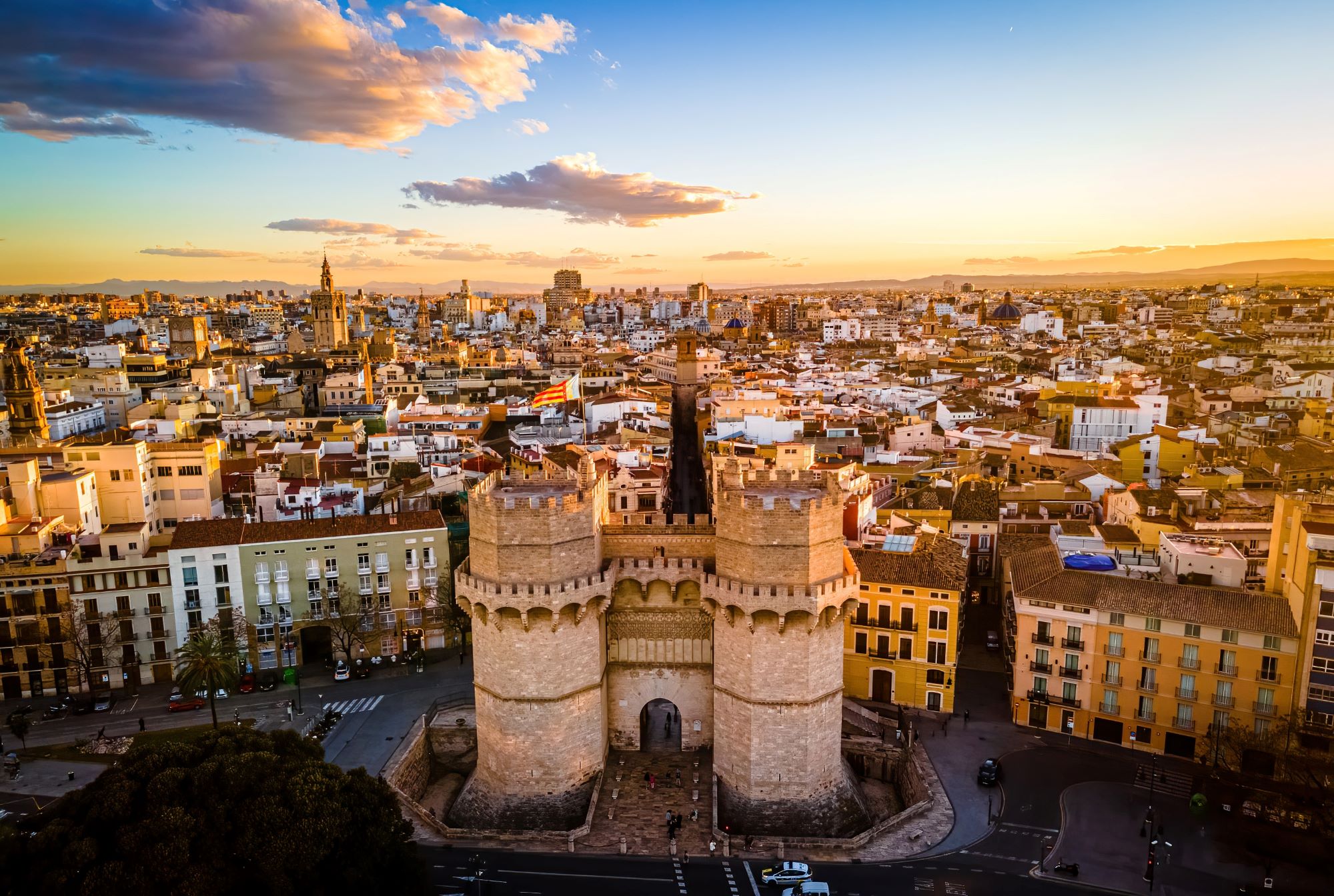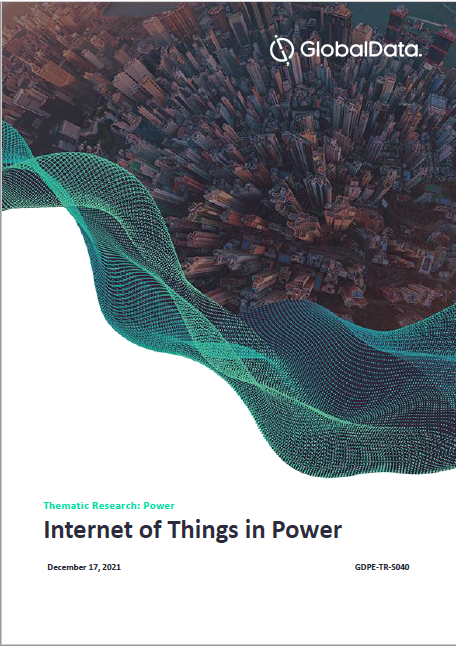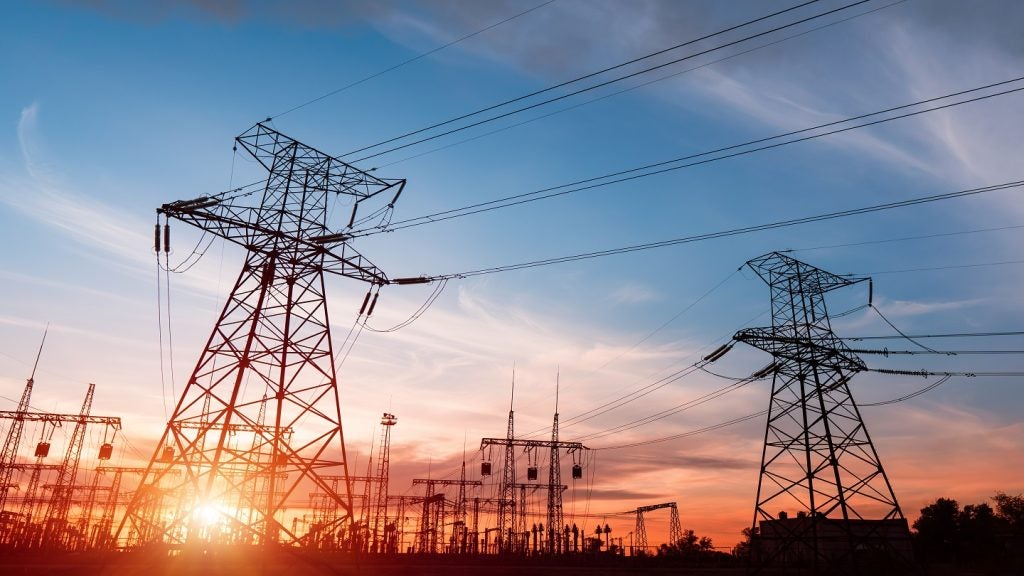
In recent years, energy poverty has emerged as a growing concern in Spain’s third-largest city. Defined by the European Commission as “when a household must reduce its energy consumption to a degree that negatively impacts the inhabitants’ health and wellbeing”, energy poverty affects 23% of households in Valencia and is straining its health and welfare systems. The city has now turned to IoT technology to sort it out.
To tackle both the root cause and impact of energy poverty, Valenica took a two-pronged approach in which IoT played a key role. First, the municipality of Atenzia, telecoms company Cellnex and the Polytechnic University of Valencia created a year-long pilot programme called ‘Social Energy and Comfort at Home: Major Challenges (ESM) project’. The project had three major objectives: to raise awareness on energy poverty; to advise and provide personalised recommendations on energy efficiency; and finally, to reduce unwanted loneliness in older people.
How well do you really know your competitors?
Access the most comprehensive Company Profiles on the market, powered by GlobalData. Save hours of research. Gain competitive edge.

Thank you!
Your download email will arrive shortly
Not ready to buy yet? Download a free sample
We are confident about the unique quality of our Company Profiles. However, we want you to make the most beneficial decision for your business, so we offer a free sample that you can download by submitting the below form
By GlobalDataOne hundred Valencia residents, all over the age of 65, took part in the initiative between 2022 and May 2023. Their homes were monitored and analysed over a 12-month period. Continuous data on temperature, humidity and air quality was gathered from specially installed devices, and residents were provided with personalised, tailored recommendations for reducing their energy usage through follow-up calls and home visits. “[The data was] collected through the Cellnex Smart Brain platform with the aim of digitising the process of obtaining and managing data, through IoT, and thus increasing the comfort of the homes studied,” according to Cellnex, the technological partner for the scheme.
During the summer and winter, the project ran workshops to advise participants on coping with extreme temperatures. The follow-up communications were also substantial; 1,300 follow-up calls and 800 home visits were made over the course of the project, which revealed a startling truth – a third of the elderly participants of the programme were found to be suffering from some level of loneliness.
IoT vs energy poverty
Did the project meet its aims? The answer, so far, appears to be a resounding yes. A massive 94% of respondents found the personalised recommendations “very helpful”, while 45% have implemented the recommended practical measures at home. Additionally, 84% say they have reduced loneliness and feel more supported through the programme.
“We have the technology to address an equality issue that affects many of the world’s urban centres and deprives residents of fundamental energy needs.”
Abhay Kumar, CEO of the Helium Foundation
However, the real proof of the project’s success will not only be found in the well-being of participants but also in how the city of Valencia chooses to use this data to ensure the future comfort of its citizens. A new initiative featured at the Smart City Expo World Congress Conference in Barcelona, Spain, this November offers some promise in this area.
Valencia’s Damal Redes, a well-established company specialising in digital tech, has joined forces with València Clima i Energia, a municipal foundation of Valencia City Council, to install air quality sensors in low-income housing in the city. These sensors collectively run on the Helium Network, the world’s largest people-powered IoT network, with each sensor using the LoRaWAN ecosystem to track dry temperature, relative humidity and CO₂ concentration. LoRaWAN technology is ideal for large-scale IoT projects as the ecosystem is designed to fit low-power, battery-operated devices like the sensors installed for this project. A total of 130 sensors have been installed so far, with a larger rollout expected in 2024.
“We have the technology to address an equality issue that affects many of the world’s urban centres and deprives residents of fundamental energy needs,” said Abhay Kumar, CEO of the Helium Foundation. “With Helium’s decentralised, peer-to-peer wireless network, we can gain insights that are impossible to access with a centralised system. It is gratifying to work to deploy the Helium Network in Valencia, allowing for real-time environmental data that can result in meaningful change.”
“By leveraging the Helium Network, we have realized an astounding 98% success rate in installing sensors in low-income residences and construction sites,” added IoT technical lead at Damal Redes Jose Antonio Hernández. “This allows us to continuously monitor CO₂ levels, weather patterns, and other crucial data. No other technology can match this capability.”
Key takeaways from Valencia’s IoT project
What can the rest of the world learn from Valencia? With 9.3% of the EU population unable to keep their homes adequately warm in 2022, a significant jump from 6.9% in 2021, it is clear that energy poverty needs to be urgently addressed. As many as 40 million EU citizens face energy poverty and “this has not been limited to low income and vulnerable citizens, who spent a disproportionally higher share of their income on energy, but also affected many middle-income citizens,” the European Commission has noted.
In October 2023, the European Commission published a series of recommendations to combat energy poverty; significantly, it cited the need to establish a legal definition of energy poverty. Of the recommendations, many reference the need for accurate data on the state of energy poverty, for which projects like Valencia’s could be of significant use.
Indeed, the Valencia study directly maps onto two recommendations: first, to “step up energy efficiency information campaigns targeting households affected by energy poverty, to ensure that those population groups receive tailor-made information and advice while using all the potential of energy advisory networks and one stop shops”; and secondly, “offer targeted training courses for energy-poor households affected by energy poverty, including those with low digital skills, enhance the energy and digital literacy awareness of households affected by energy poverty, enable them to better control their energy bills and participate actively in the clean and just energy transition”.
The Commission also recommends that EU nations leverage one specific IoT technology to tackle energy poverty – smart meters. Member states should “speed up the deployment of smart metering systems allowing consumers to have timely access to their electricity and gas consumption and enable them to manage their energy consumption and reap benefits from advancements in energy technology and digitalisation.” An increased smart meter rollout could also provide data for future studies tackling energy poverty.
The Valencia project demonstrates that IoT technology can help combat today’s energy crisis. However, although we have the technology to tackle energy poverty, as well as the data to better understand its root causes, cities must have the will to implement it into their systems for the world to reap its benefits.





